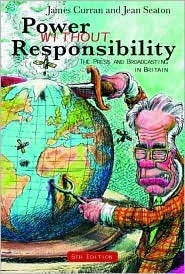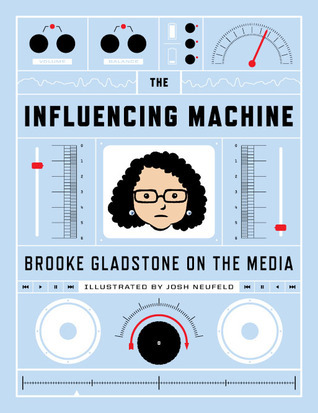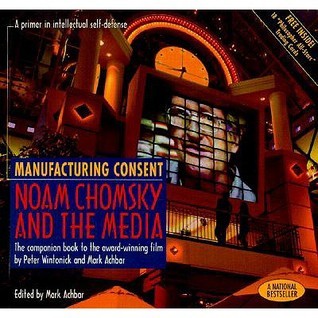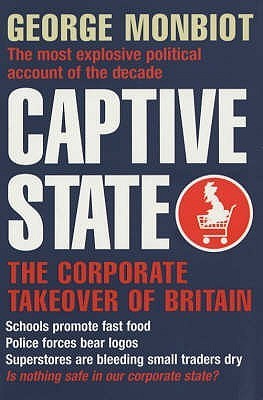
Power Without Responsibility: Press, Broadcasting and the Internet in Britain
Book Description
Media is the heartbeat of democracy, pulsing with influence and power, yet draped in a veil of irresponsibility. In "Power Without Responsibility," James Curran unravels the intricate tapestry of the British press, broadcasting, and the internet, exposing the critical tensions that shape public discourse. Through a gripping exploration of accountability and freedom, he delves into the shadows where sensationalism and truth collide. Each revelation challenges our understanding of what it means to be informed in a digital age. Can society navigate this treacherous landscape, or is the quest for truth destined to be overshadowed by the lure of power?
Quick Book Summary
"Power Without Responsibility" by James Curran critically examines the evolution, power, and accountability of Britain's press, broadcasting, and digital media. Curran traces the historical development of the media industry, showing how ownership and regulatory structures have shaped its democratic role. He exposes the tension between media freedom and responsibility, analyzing how commercial interests and sensationalism sometimes undermine truth and public interest. Through detailed case studies and analysis, the book probes the failures and successes of media regulation, highlighting the challenges facing journalism in the digital age. Ultimately, Curran argues that genuine media reform is essential for democracy, urging for more responsibility, transparency, and diversity in the media landscape.
Summary of Key Ideas
Table of Contents
Historical Foundations and Media Power
Curran opens by mapping the historical evolution of Britain's press and broadcasting sectors. He reveals how early newspapers functioned as tools for political and economic elites, setting longstanding patterns of ownership and influence. The close alignment of media with power brokers in society fostered a press that often puts vested interests ahead of public service, laying the groundwork for contemporary debates about media responsibility. By dissecting milestones in press reform, such as the decline of party press and the rise of mass market tabloids, Curran establishes how changing structures reshape who sets the news agenda.
The Tension Between Freedom and Responsibility
A central theme is the complex trade-off between freedom of the press and its social responsibility. Curran explores how a fiercely independent press is vital for democracy, yet can simultaneously abuse its privileges. The unchecked power of proprietors—often concentrated in the hands of a few—leads to distortions, misinformation, and manipulation. Curran punctuates his argument with examples of sensationalist reporting and ethical lapses, showing how the imperative for profit and influence sometimes eclipses the pursuit of truth and accountability.
Commercialization and Sensationalism in Media
The book delves into the rise of commercial broadcasting and tabloid journalism, highlighting how profitability pressures shape both content and editorial decisions. Curran demonstrates that sensationalism, entertainment values, and clickbait not only drive viewership but can erode meaningful political debate and public understanding. The merging of entertainment and news, he warns, undermines citizens’ ability to make informed choices. This commercialization raises pertinent questions about the integrity of public discourse and whether media is fulfilling—or failing—its role as a democratic institution.
Regulation and Accountability Mechanisms
Curran systematically reviews regulatory frameworks meant to curb media excesses and protect the public interest. He assesses the effectiveness of bodies like the Press Complaints Commission and the BBC’s governance structure, revealing frequent shortcomings and loopholes. Instances of press misconduct and scandals, like phone hacking, expose the gaps in self-regulation and the struggle for accountability. Curran contends that truly independent oversight and more stringent safeguards are necessary to ensure media serves democracy rather than powerful interests.
Challenges in the Digital Age
In addressing the internet and digital disruption, Curran notes both opportunities and dangers. Digital platforms can democratize information and amplify diverse voices, but they also accelerate misinformation and amplify echo chambers. The speed and reach of online media intensify questions about verification, editorial standards, and corporate power. Curran concludes that reform is urgent, calling for increased transparency, robust regulation, and a renewed commitment to public interest journalism to defend the informational foundations of democracy in the digital era.
Download This Summary
Get a free PDF of this summary instantly — no email required.





